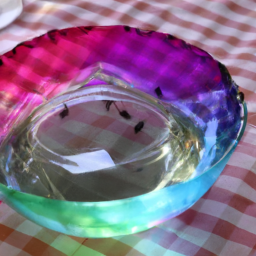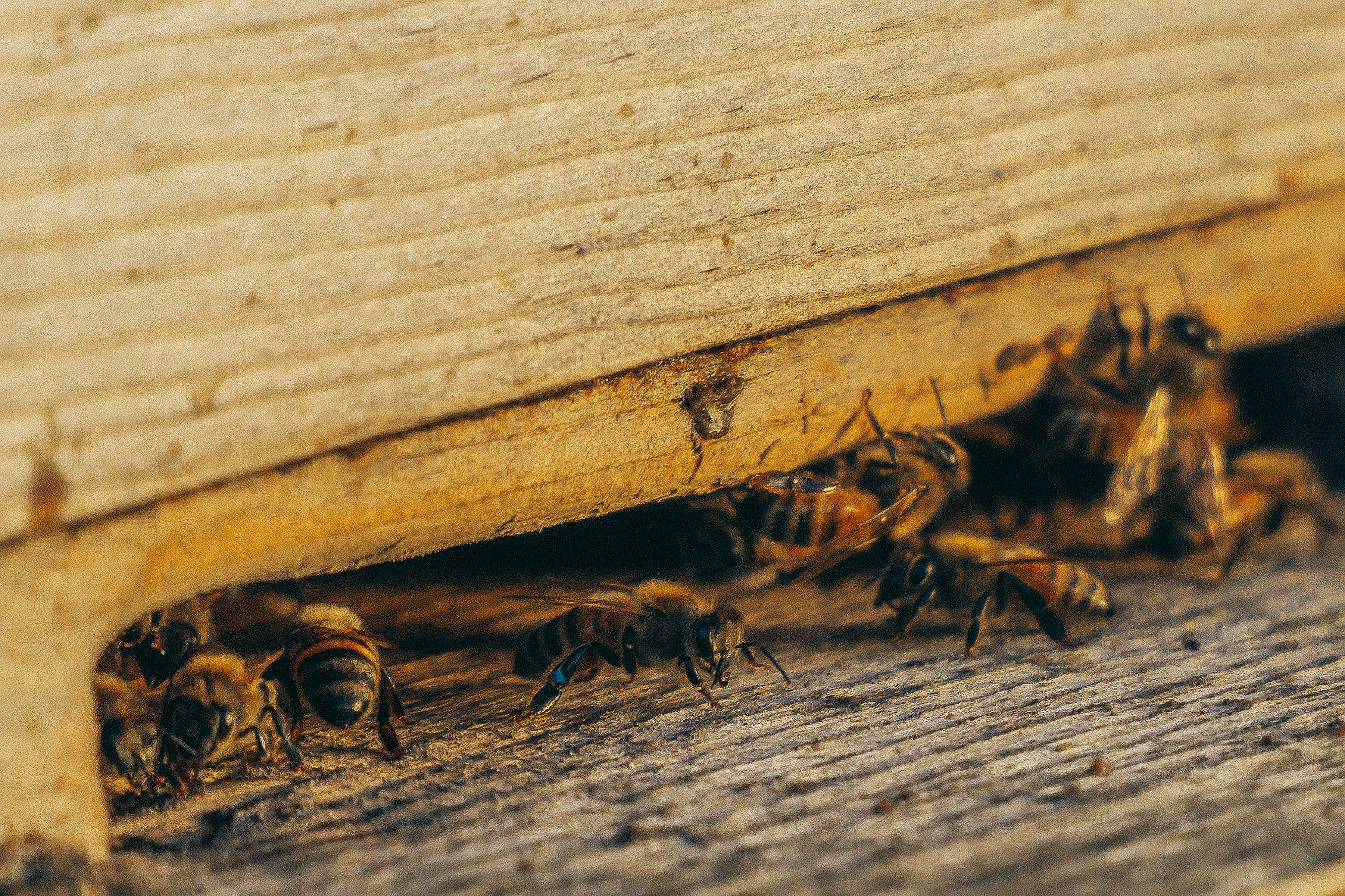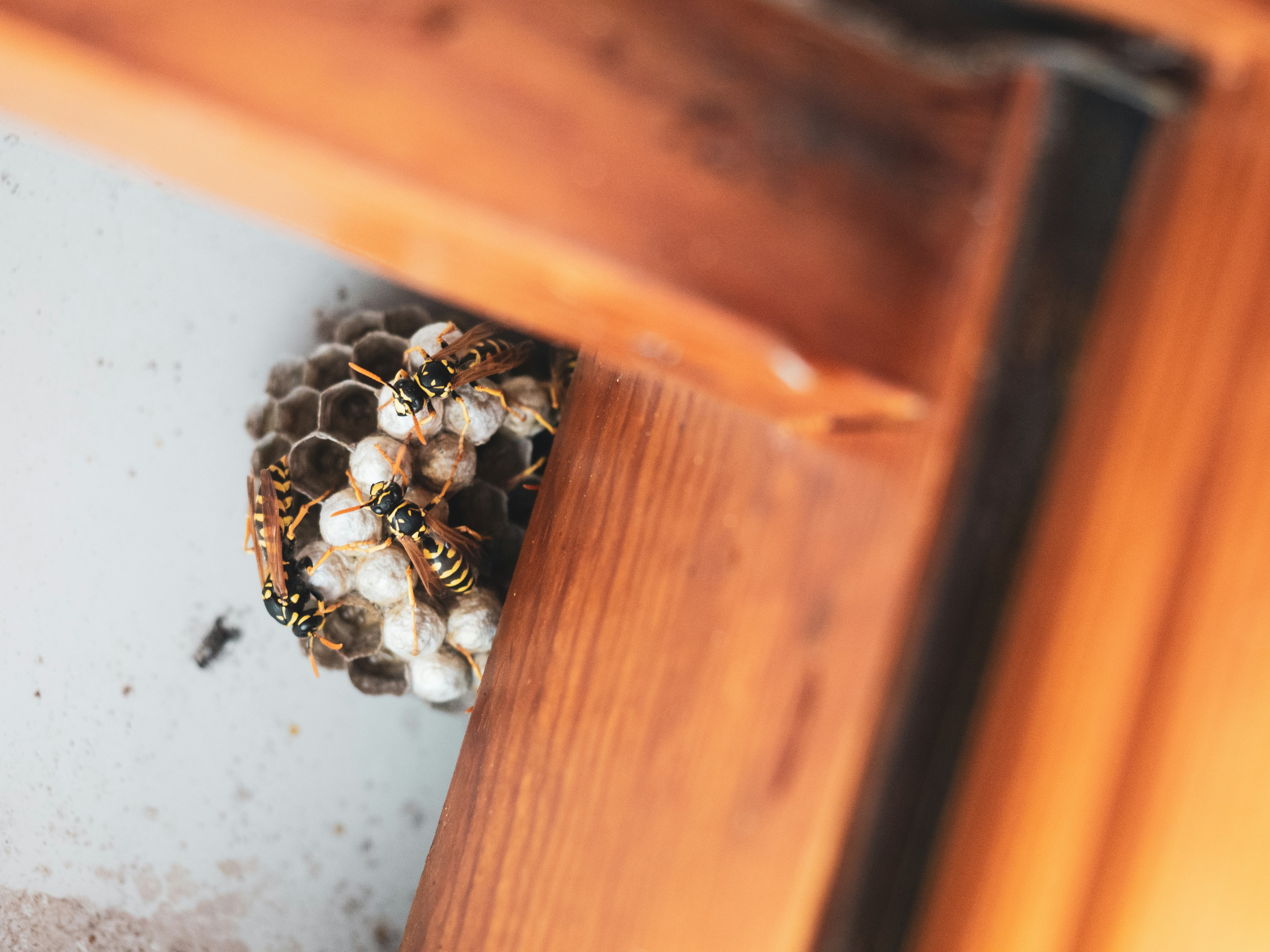Picture stepping into your perfectly clean, cozy home after a long day, hoping for a haven of relaxation. But wait, what’s that buzzing sound? Flies. Those pesky little creatures that can turn a tranquil evening into a frustrating battle. Fear not, as we have just the solution for you. In this article, we will explore the most effective methods to rid your home of flies, allowing you to take back control over your living space and maintain a peaceful ambiance.
First, we will dive into the various reasons flies tend to invade our homes, from open doors and windows to enticing food sources. Understanding their behavior is key to successfully eradicating them from your living space. Armed with this knowledge, we will then introduce a range of tried-and-tested methods to combat these unwelcome guests. From natural remedies to handy gadgets, you will discover practical and efficient ways to eliminate flies indoors once and for all. So, let’s embark on this journey together and reclaim your home from those bothersome buzzing intruders.
Effective Methods to Eliminate Flies Indoors
Flies can be quite bothersome and unsanitary when they invade your home. Luckily, there are several preventive measures and remedies you can implement to eliminate flies and keep them from infesting your living spaces. By maintaining cleanliness, sealing entry points, and using natural remedies, you can significantly reduce the presence of pesky flies in your home. If these methods don’t yield the desired results, you can explore chemical solutions, homemade traps, and even professional pest control options. Additionally, using essential oils, eliminating breeding sites, and incorporating insect-repelling plants can further enhance your fly elimination efforts. Let’s explore each of these methods in detail.
Preventive Measures
Maintaining cleanliness is crucial in preventing the presence of flies in your home. Regularly clean your floors, countertops, and other surfaces to eliminate any food residue or decaying matter that may attract flies. It’s also essential to store food securely, either in sealed containers or in the refrigerator, to minimize the appeal for flies. Additionally, keeping your garbage cans tightly sealed and disposing of garbage properly can help prevent flies from breeding and feeding on waste.
To prevent flies from entering your home, it’s important to seal any entry points they may use. Check for any gaps or cracks in windows, doors, or screens and seal them appropriately. Installing window screens can also provide an extra barrier against flies and other flying insects, allowing you to enjoy fresh air without unwanted visitors.
Natural Remedies
If you prefer using natural methods to eliminate flies, there are several remedies you can try. Vinegar traps are effective at attracting and trapping flies. Simply fill a bowl or jar with equal parts water and vinegar, cover it with plastic wrap, and poke small holes in the cover. Flies will be attracted to the scent of the vinegar and get trapped inside.
Another natural remedy is creating a fruit fly trap. Take a small container and fill it with a mixture of apple cider vinegar and a few drops of dish soap. Cover the container with plastic wrap and poke small holes in it. Flies will be lured by the vinegar’s aroma and get caught in the soapy liquid.
Flypaper strips, while less aesthetically pleasing, can be quite effective. Hang them near areas with high fly activity, such as doorways or windows. Flies will be attracted to the sticky surface and get stuck when they land on the strip.
Chemical Solutions
If natural remedies don’t provide the desired results, you can consider using chemical solutions to eliminate flies. Fly sprays or aerosols are popular methods for quickly getting rid of flies. Ensure that you follow the instructions on the product and use them in well-ventilated areas, away from food and water sources.
Insecticides can also be effective in eliminating flies. Choose an insecticide specifically formulated for flies and apply it according to the instructions. These products can be sprayed directly on flies or in areas where they are frequently seen.
Bug zappers, while not strictly chemical-based, can also be effective in controlling flies. These devices emit a light that attracts flies and other flying insects. When the insects come into contact with the zapper, they are electrocuted and killed. Place bug zappers strategically around your home to reduce fly populations.
Home-Made Traps
If you prefer do-it-yourself solutions, you can make homemade fly traps using common household items. One popular method is the soda bottle trap. Cut the top third of a plastic soda bottle and invert it into the bottom two-thirds, creating a funnel shape. Fill the bottom with a mixture of sugar water or vinegar. Flies will be attracted to the smell and enter through the narrow opening, getting trapped inside.
Another homemade trap is the sugar water trap. Take a small container and fill it with a mixture of sugar and water. Add a few drops of dish soap to make the solution sticky. Flies will be enticed by the sweet scent and get caught in the liquid.
A milk and sugar trap can also be effective. Mix equal parts milk, sugar, and water in a container and place it near areas with high fly activity. Flies will be attracted to the mixture and get stuck in it.
Fly Swatting Techniques
Traditional fly swatters are a classic method for eliminating flies. Keep a fly swatter handy in areas where flies are frequently seen, and use it to swat the insects when they land on surfaces.
An electric fly swatter takes fly swatting to the next level. These devices are battery-operated and deliver a small electric shock when the fly comes into contact with the swatter’s grid. While they may not be suitable for everyone, electric fly swatters can be an effective and amusing way to eliminate flies.
For a more passive approach, you can use a fly trap disc. These discs contain a sticky surface that attracts flies. Hang the disc in an area with high fly activity, and the flies will become stuck to the surface when they land on it.
Using Essential Oils
Certain essential oils have fly-repelling properties and can be used as a natural deterrent. Lemongrass oil is known to repel flies with its strong scent. You can create a spray by mixing a few drops of lemongrass oil with water and spraying it around fly-prone areas in your home.
Peppermint oil is another effective fly repellent. Its strong scent is detested by flies, making it an excellent natural deterrent. Mix a few drops of peppermint oil with water and spray it around doors, windows, and other entry points to keep flies at bay.
Eucalyptus oil can also be used to repel flies. Its distinct fragrance acts as a repellent, discouraging flies from entering your living spaces. Dilute a few drops of eucalyptus oil in water and spray it in fly-prone areas or use it as a surface wipe.
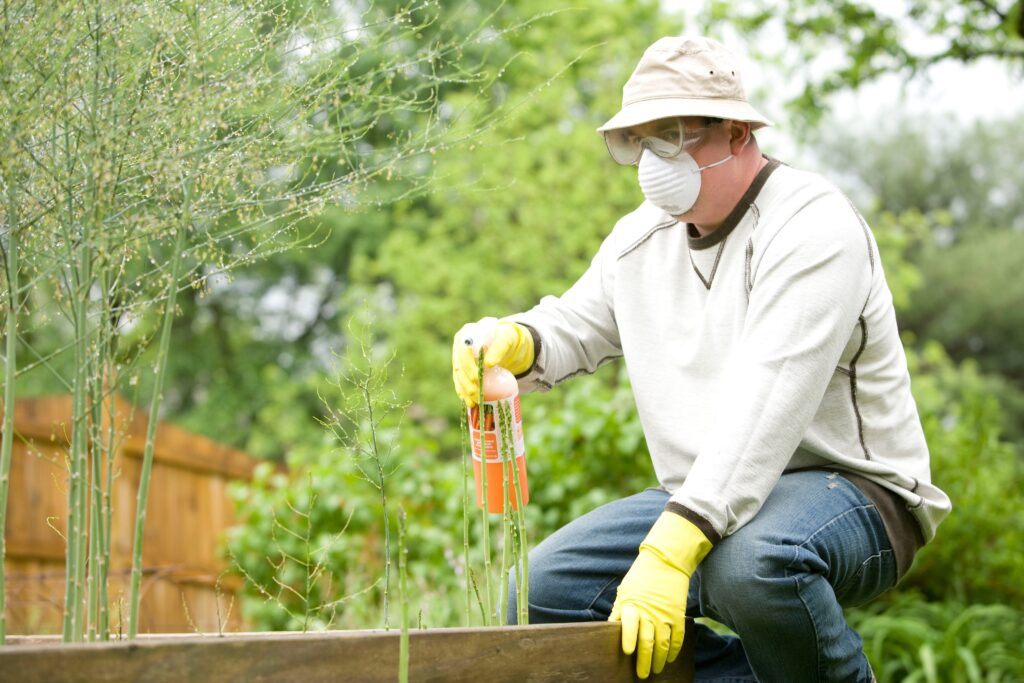
Eliminating Breeding Sites
Preventing flies from breeding in your home is another effective way to control their population. Flies are attracted to damp and decaying organic matter, so it’s essential to clean drains regularly to remove any potential breeding grounds. Using drain cleaners or pouring boiling water down drains can help eliminate fly eggs and larvae.
Covering compost bins or piles can also prevent flies from accessing and breeding in them. Compost should be properly managed, stirred regularly, and kept moist but not excessively wet to deter flies from laying their eggs.
Stagnant water is an ideal breeding ground for flies, so it’s crucial to check your property for any areas where water may accumulate, such as bird baths or potted plant saucers. Remove any stagnant water sources to prevent flies from laying their eggs and multiplying.
Professional Pest Control
If your fly problem persists despite your best efforts, it may be time to consider professional pest control services. Pest control companies have access to more potent and targeted products to eliminate flies effectively. They can assess your home, identify the source of the infestation, and devise a tailored treatment plan to eliminate flies and prevent future infestations.
Insect light traps are commonly used by professionals to eliminate flying insects, including flies. These traps emit ultraviolet light that attracts flies, which then get trapped on a sticky surface or electrocuted. Insect light traps can be a practical solution for large infestations or commercial settings.
Ultrasonic devices emit high-frequency sound waves that are believed to repel flies and other pests. These devices are plugged into electrical outlets and emit sound waves that humans and most pets cannot hear. While their effectiveness is debated, some individuals find ultrasonic devices helpful in repelling flies.
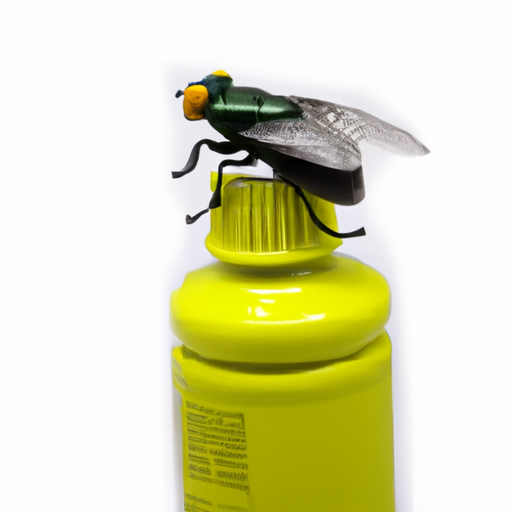
Insect-Repelling Plants
Incorporating insect-repelling plants in and around your home can naturally deter flies and other unwanted pests. Basil is not only a versatile herb but also has natural fly-repelling properties. Grow basil plants indoors or outdoors to keep flies away.
Lavender is known for its calming scent, but it is also an effective fly deterrent. Plant lavender bushes near doorways and windows to discourage flies from entering your home.
Citronella is a well-known plant that repels mosquitoes, but it also has fly-repelling properties. Plant citronella grass or use citronella oil-infused candles or torches in outdoor areas to keep flies at bay.
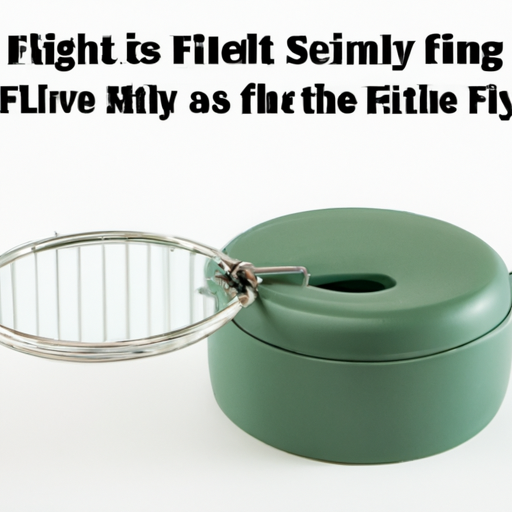
Additional Tips
In addition to the above methods, there are a few general tips that can further enhance your efforts to eliminate flies indoors.
Always ensure that food is properly covered and stored. Flies are attracted to uncovered food, so keeping it sealed or refrigerated can minimize their interest.
Keeping doors and windows closed when possible is another simple way to prevent flies from entering your home. Install door sweeps to seal any gaps at the bottom of doors, and repair or replace damaged window screens to keep flies out.
Consider using a fly swatter with sticky tape, also known as a fly ribbon or fly catcher. These devices consist of a handle with a long strip of sticky tape attached to it. Flies become stuck to the tape when they land on it, helping to reduce fly populations.
By implementing these preventive measures, natural remedies, chemical solutions, homemade traps, fly swatting techniques, essential oils, eliminating breeding sites, professional pest control services, insect-repelling plants, and additional tips, you can successfully eliminate flies from your home and enjoy a fly-free living space. Remember to choose the methods that best suit your preferences and needs, and don’t hesitate to seek professional help if necessary.




